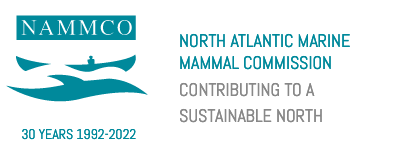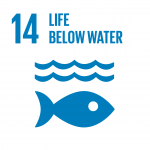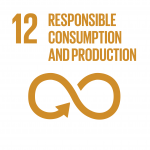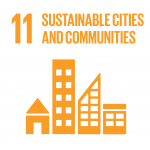Who we are
Four peoples depending on the sea
and conserving it


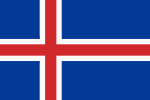

Marine mammals are resources
Marine mammal hunting dates back at least 9 000 years. In many areas, the hunting still provides food and materials, and upholds links to the past
Upcoming event
Marine Mammals – a Sustainable Food Resource
NAMMCO Conference and Gastronomic Showcase
5 & 6 October 2022
Read more here

What we do
NAMMCO advises governments on the conservation status, sustainable removals and responsible hunting methods of marine mammals
How we work
NAMMCO looks at the marine ecosystem as a whole, and provides advice based on science, local knowledge and technological developments
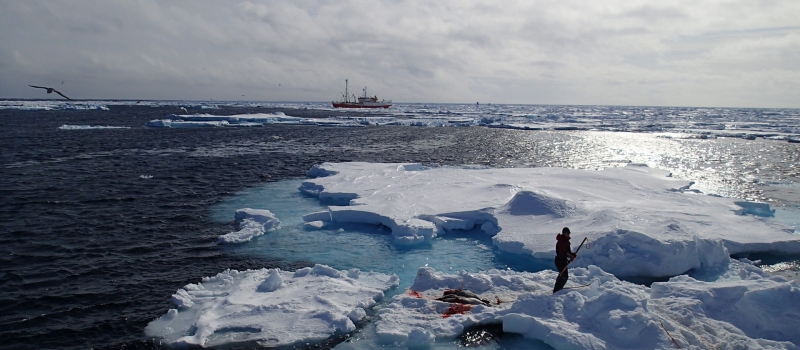
Why our work is important
Assessing hunting methods and the impacts of human activities are crucial for optimising animal welfare in the hunt and ensuring sustainability of populations
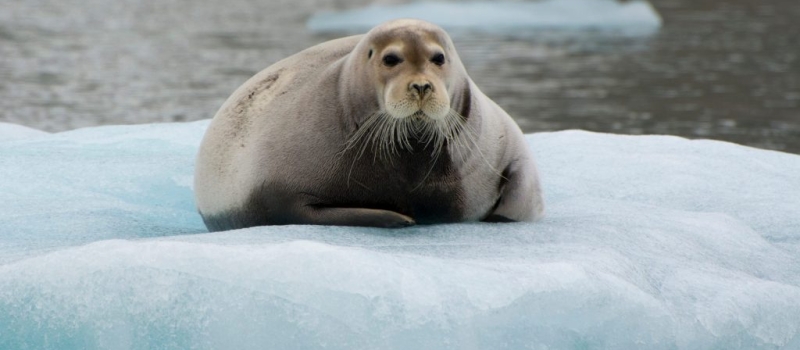
Marine Mammals in the North Atlantic
Seven pinniped species, six baleen whale species, and ten toothed whale species
are permanent residents in the
NAMMCO management area.
7 of 7
Hunted seal species in the NAMMCO area
12 of 16+
Hunted cetacean species in the NAMMCO area
114 of 195
Countries consuming marine mammals*
54 of 195
Countries where marine mammal consumption provides economic benefits*

